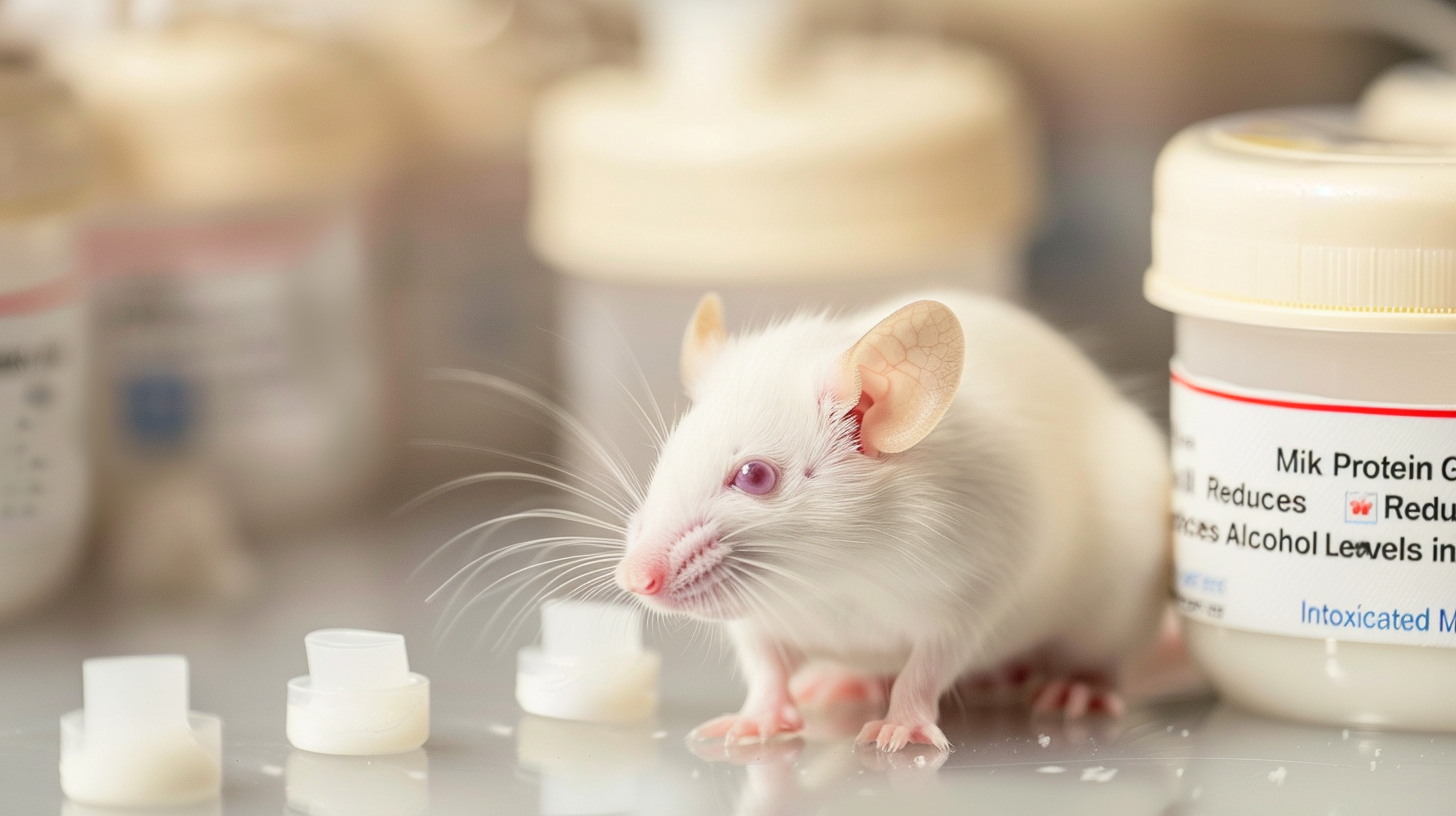
The Potential Future Trends in Alcohol Intoxication Treatment
Alcohol intoxication continues to be a significant problem globally, leading to a range of health and social issues. However, recent research has provided new hope in the form of a gel made from a milk protein that can reduce alcohol levels in the blood of intoxicated mice. This breakthrough discovery opens up a world of potential future trends in alcohol intoxication treatment.
1. Development of Milk Protein Gels for Human Use
The efficiency and effectiveness of the milk protein gel in reducing alcohol levels in mice suggests the possibility of developing similar gels for human use. With further research, these gels could potentially be used as a treatment option for individuals who have consumed excessive amounts of alcohol. This innovative approach may revolutionize the way we manage alcohol intoxication in the future.
2. Integration with Emergency Medical Services
Alcohol intoxication often requires immediate medical attention, especially in severe cases. Integrating the use of milk protein gels with emergency medical services could enhance their ability to rapidly lower blood alcohol levels. This may involve equipping ambulances or other medical vehicles with these gels, enabling paramedics to administer the treatment on the spot. The integration of this technology could significantly reduce the risks associated with alcohol intoxication and improve patient outcomes.
3. Prevention and Harm Reduction Strategies
While the milk protein gel demonstrates promising potential for treating alcohol intoxication, prevention and harm reduction strategies should not be overlooked. In the future, it is crucial to focus on education and awareness campaigns that promote responsible drinking and discourage excessive alcohol consumption. Governments and public health organizations can play a vital role in implementing policies and regulations that aim to reduce overall alcohol-related harm.
4. Combination Therapies
The milk protein gel is just one approach to addressing alcohol intoxication. In the future, combining this treatment with other interventions may enhance its effectiveness. For instance, a combination of the gel with medications that support liver function or alleviate other symptoms of alcohol toxicity could create a comprehensive treatment regimen. Exploring the potential synergistic effects of different therapies could lead to more efficient and successful interventions for alcohol intoxication.
5. Predictive Analytics and Early Intervention
Advances in predictive analytics and data science present exciting opportunities for preventing alcohol intoxication before it even occurs. By analyzing patterns and behaviors associated with excessive drinking, algorithms could identify individuals who are at a higher risk of alcohol intoxication. Early interventions, such as personalized warnings or targeted support, could then be provided to prevent individuals from reaching dangerous levels of alcohol consumption.
Recommendations for the Industry
- Invest in further research and development of milk protein gel-based treatments for alcohol intoxication.
- Collaborate with emergency medical services to integrate the use of milk protein gels as a standard intervention for alcohol intoxication cases.
- Allocate resources to education and awareness campaigns that promote responsible drinking and discourage excessive alcohol consumption.
- Explore combination therapies by partnering with pharmaceutical companies and researchers to investigate the potential synergistic effects of different interventions.
- Embrace predictive analytics and data science to develop early intervention strategies and personalized support systems for individuals at risk of alcohol intoxication.
References:
- Nature, Published online: 17 May 2024; doi:10.1038/d41586-024-01398-6
